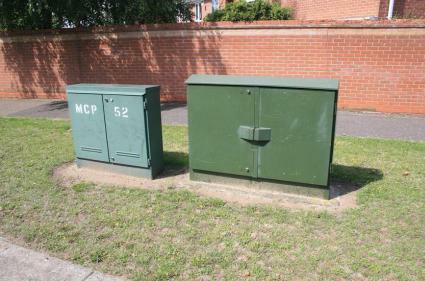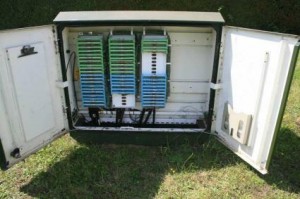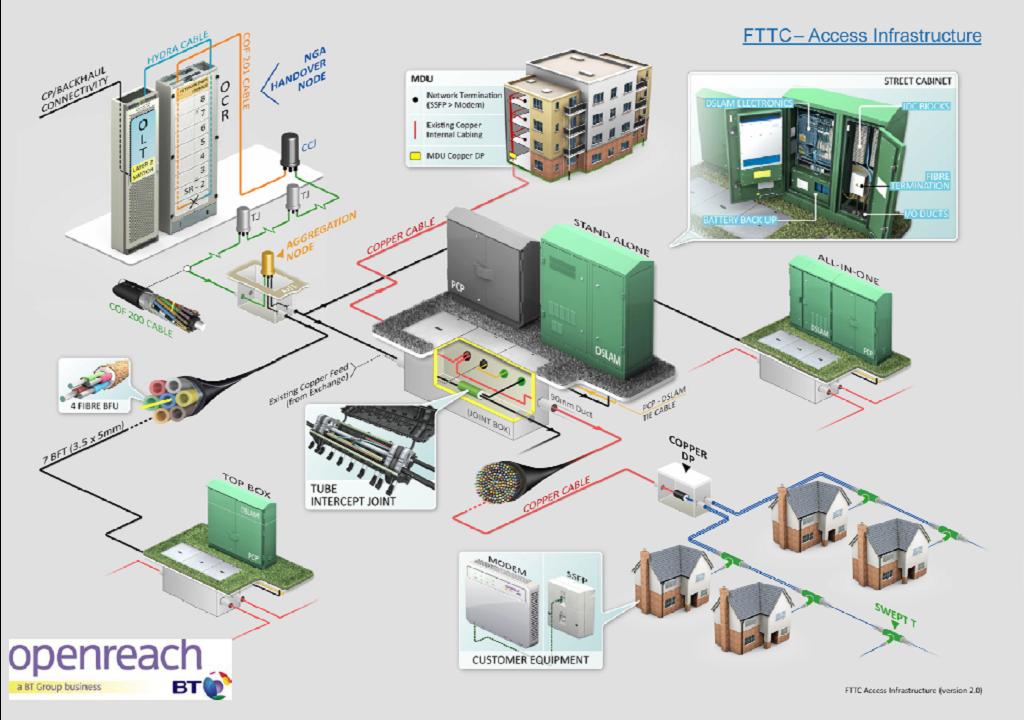It looks like nothing was found at this location. Maybe try a search or one of the links below?
This is what I call luxury living though I’m sure many will disagree. I’m sat at the dinner table indulging in tortilla chips and dips with my two eldest. Mum and the other two are away (at Chester Zoo).
The luxury bit, apart from the company of the kids, is the involvement of laptops at the table. There is plenty of space with the others away :-). We are actually talking to each other although we are also engrossed elsewhere, in my case writing blog posts.
And before anyone starts calling me a bad dad I gave them total freedom in choice of dinner – Quesadillas on this occasion. Long live Tex Mex and long live the internet!
PS gives another slant on eating off your laptop – iPlayer dinner anyone?




